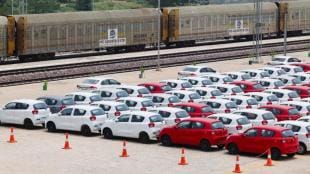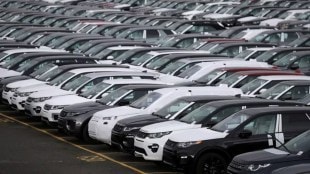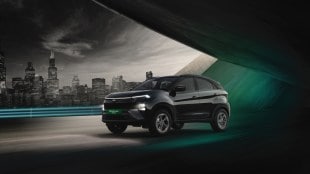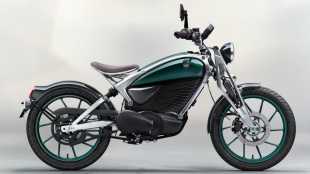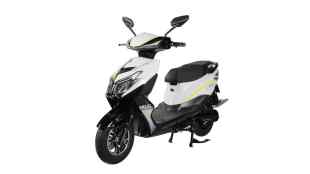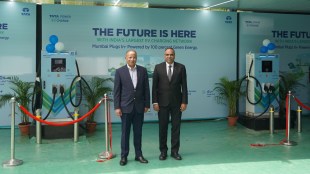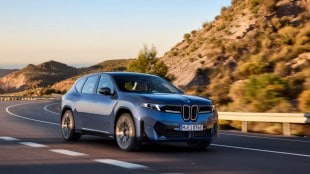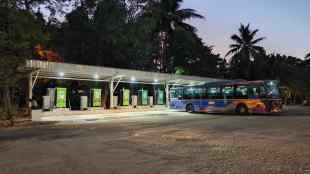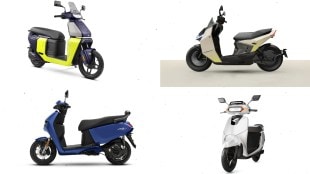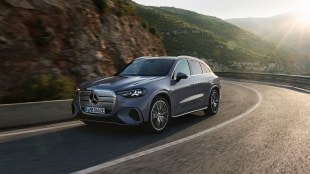
The recent SIAM conference in New Delhi, the government pushed for more autonomous driver aids for Indian cars in an effort to increase road safety and decrease the number of fatalities through road accidents. (Read our Initial Report Here)This followed another ruling which was passed last year that will make ABS (Anti-lock Braking Systems) mandatory for two-wheelers that displace more than 125cc, while CBS (Combi-Brake System) would be made mandatory for those that are under the 125cc mark. This move is expected, exponentially reduce road accidents that occur without really adding large figures to the price of the motorcycle. Similarly now, the government is looking at bringing more Autonomous Safety features to all cars in India. In the initial phase set to kick in 2023, the government is looking to bring in Electronic stability control or ESC and AEB or Autonomous Emergency Braking System. A special event organised called #STOPTHECRASH by Global NCAP at the Buddh International Circuit on the outskirts of New Delhi, took the opportunity to explain what these technologies do and how they will make a massive difference in increasing the safety of Indian roads. Before we get into the how. Let’s take a brief look at what these technologies really are.
Electronic Stability Control ESC
Labelled by the Global NCAP as the singular most significant advance in passenger vehicle safety technology since the seatbelt. Figures from our sources at Continental, one of the manufacturers of this technology, said that the presence of the ESC reduces the likelihood of having an accident by a massive 49%. As the name suggests, ESC uses a plethora of sensors that are designed to detect instability in a car and ensure all four wheels have proper amounts of grip. In event of sudden direction changes to avoid an obstacle or simply executing a turn in slippery or wet conditions, the ESC uses sensors placed all over the car to detect loss of optimal traction, Milliseconds later the system uses the brakes and the traction to maximise the grip and reduce slides or tail-spins.
Autonomous Emergency Braking System AEB
While ESC is available on a wide spectrum of vehicles, some of them under 10 lakh in terms of floor price. As for AEB, even today, only a handful of cars sport the technology, most of them come from the Volvo garage and the Mercedes S-Class. If it were free and rudimentary, this technology would be paramount to reducing accidents on Indian roads. However, as you can see by the cars on the list AEBs is expensive and complicated. What it does is use a forward-looking radar as well as cameras and optical sensors to quickly detect impeding vehicles, pedestrians and in-case of Indian roads a variety of domestic animals and wildlife that sometimes use our roads as thoroughfares.
<iframe src=”//players.brightcove.net/5805274518001/default_default/index.html?videoId=5840346188001″
allowfullscreen
webkitallowfullscreen
mozallowfullscreen></iframe>
Interestingly, component partners of the NCAP which include, Continental, Bosch, ADAC, Consumers International, Denso, ITT, Thatcham Research, Veneer, ZF and the Towards Zero Foundation say that infrastructure is one of the biggest challenges in the successful introduction of the technology. The Technology depends largely on road markings and signage and will be required to be adapted to Indian Road conditions before they roll out on mass scales. The partners also believe that it is likely to be commercial vehicles that lead the way for the technology. Speaking on the sidelines of the launch David Ward Secretary of the Global NCAP lauded the Indian government for their advancements and firm legislation for safer roads in India, stating that as of next year India would be safer than even the US in terms of minimum safety requirements on motorcycles. This, in Ward’s opinion, will help change the mindset of the people from the ground up.


